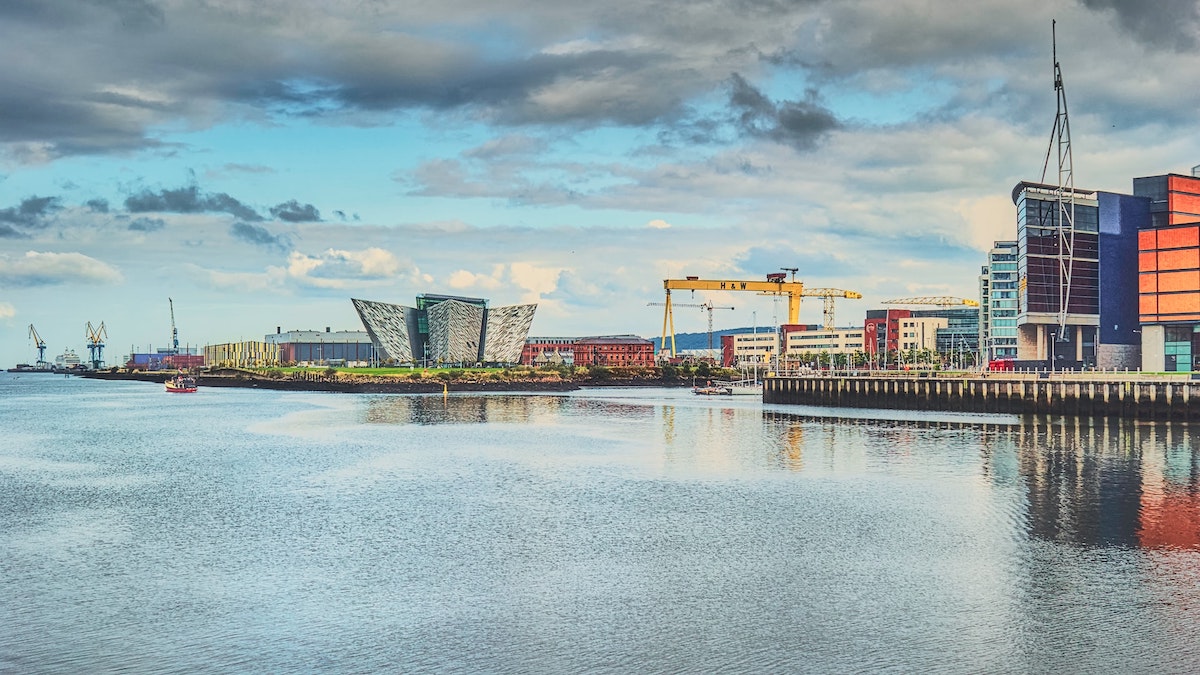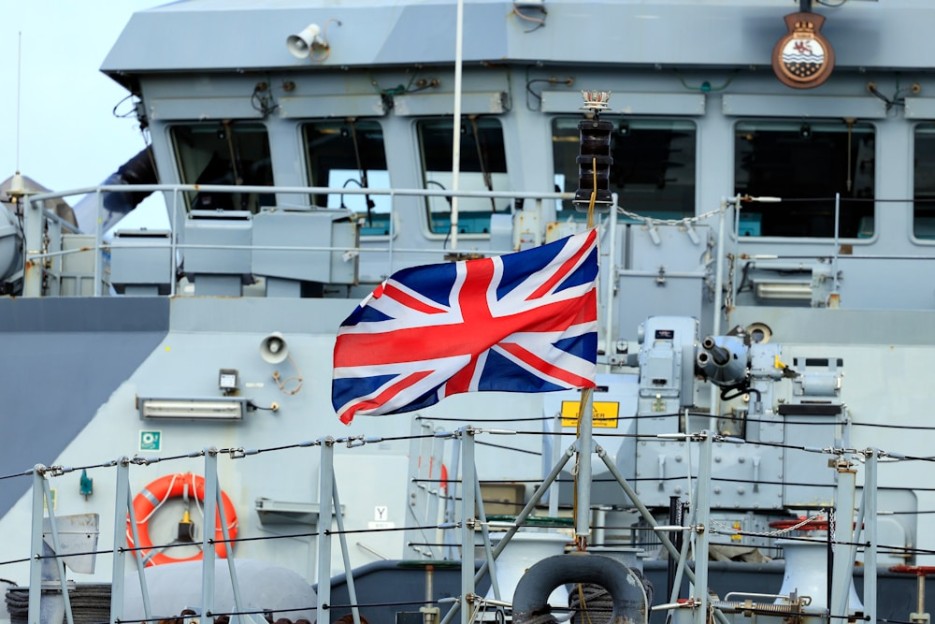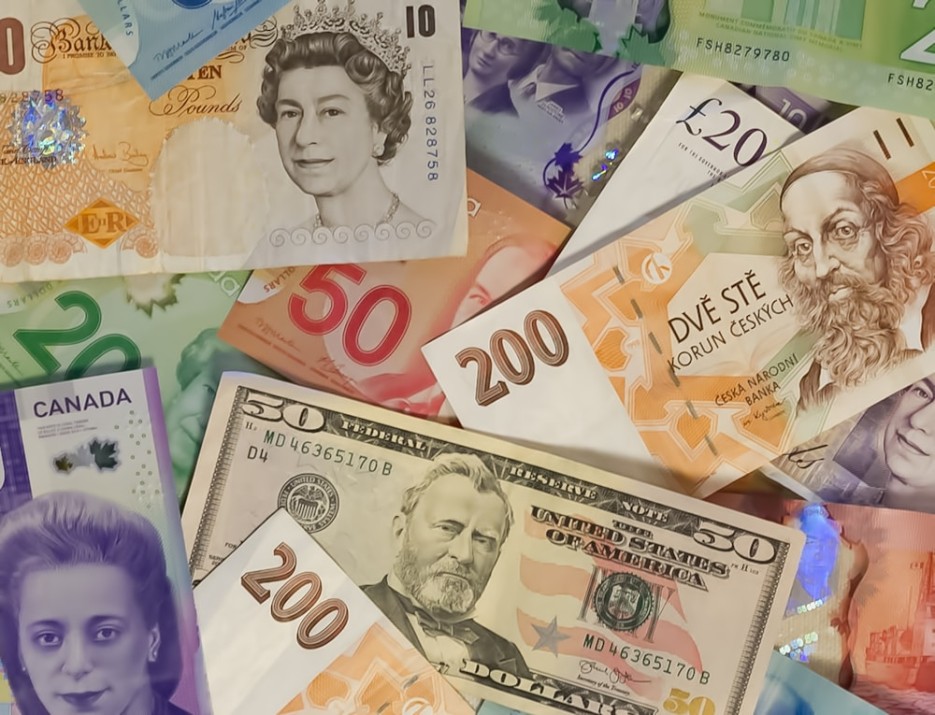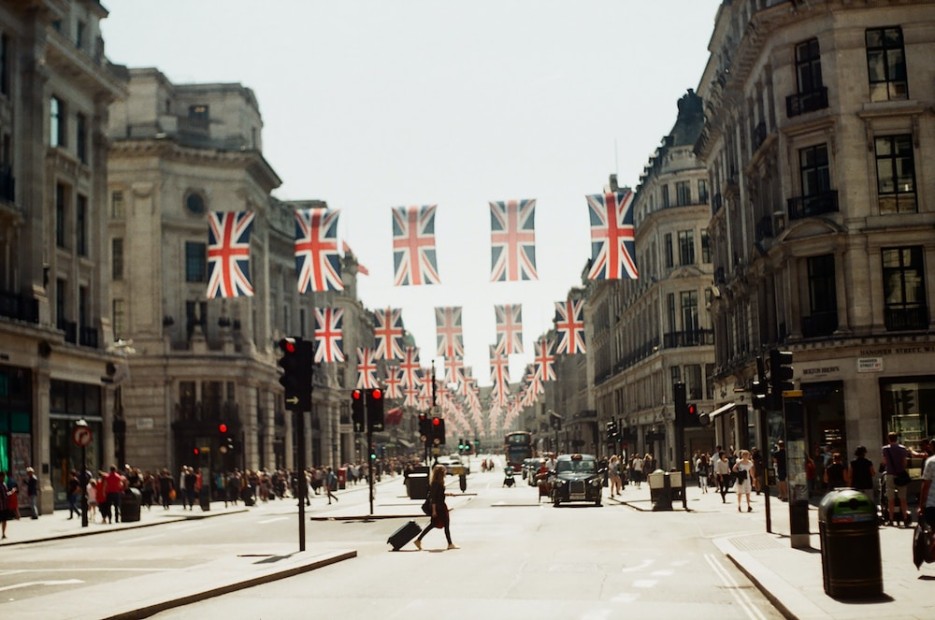
The world seemed a dismal place post covid-19. People were more than willing to return to some level of normality, yet doing so felt in some cases an insurmountable object. Northern Ireland, just like everywhere, was affected deeply by pandemic measures. The economy was hit hard, and the recovery journey has been a long road. What exactly has the impact been and which obstacles remain to threaten recovery and continue to impact?
Inflation
While Northern Ireland may have seen significant growth in the return to normal life post pandemic, inflation is a looming threat when it comes to impacting economic and social recovery measures. Inflation is seeing businesses having to cut costs, production, and even staff in some cases which only feeds into the wider issue at hand. For this to change, global circumstances must shift.
Policy factors
Historically, there has been a wider dependence on the UK treasury. This, alongside other factors such as lack of policy reassignment and evolution, means that NI is in a less than favourable curve of recovery. This is in comparison to the rest of the United Kingdom but remains relevant nevertheless. The Northern Ireland protocol and Brexit implications remain ever present. The debate seems somewhat eternal, yet the impact is still being felt in the average citizen’s outlook and financial situation. The debate will continue for some time to come undoubtedly, yet change is needed to create significant positive consequences.
Social factors
Social factors remain as relevant as ever in this context. There have been improvements to the general quality of life, though turbulence still exists.
Quality of life
The increase in remote working and people’s need to rediscover normality means that the quality of life in Northern Ireland has been on the rise in recent years. Not only did the business community make tremendous contributions to growth, but residents fought and fought hard to regain their lives and social nuances as countries returned cautiously back to what once were. Though life arguably changed permanently in everything from commerce trends to working patterns, this is not necessarily a negative consequence.
The insurance business
An increase in global sickness that is so highly publicised, as the pandemic has been, highlights the need for the existence of insurance policies. While it remains an essential industry, there may yet be negative repercussions in direct response to recovery and combatting the threat of inflation. Insurance companies have had to adapt to new waves of impact such as long covid and an increase in respiratory illness where average citizens need increasing support and guidance.
There has been a rise in intake in this context, and it is an industry with the potential for growth. Take the example of the CompareNI comparison platform for life insurance in NI as a positive presence that enables people to take control of the unexpected and find the right policy for their individual circumstances. They want to be sure that they are covered if the main earner in their family was to pass away.
While there are some obstacles that threaten this current economic period, Northern Ireland has a need to adapt just like many other economies around the world. Along with improved trading conditions within the UK and elsewhere, Northern Ireland businesses are still waiting to fully benefit from recent trade deals and global opportunities post-pandemic.




